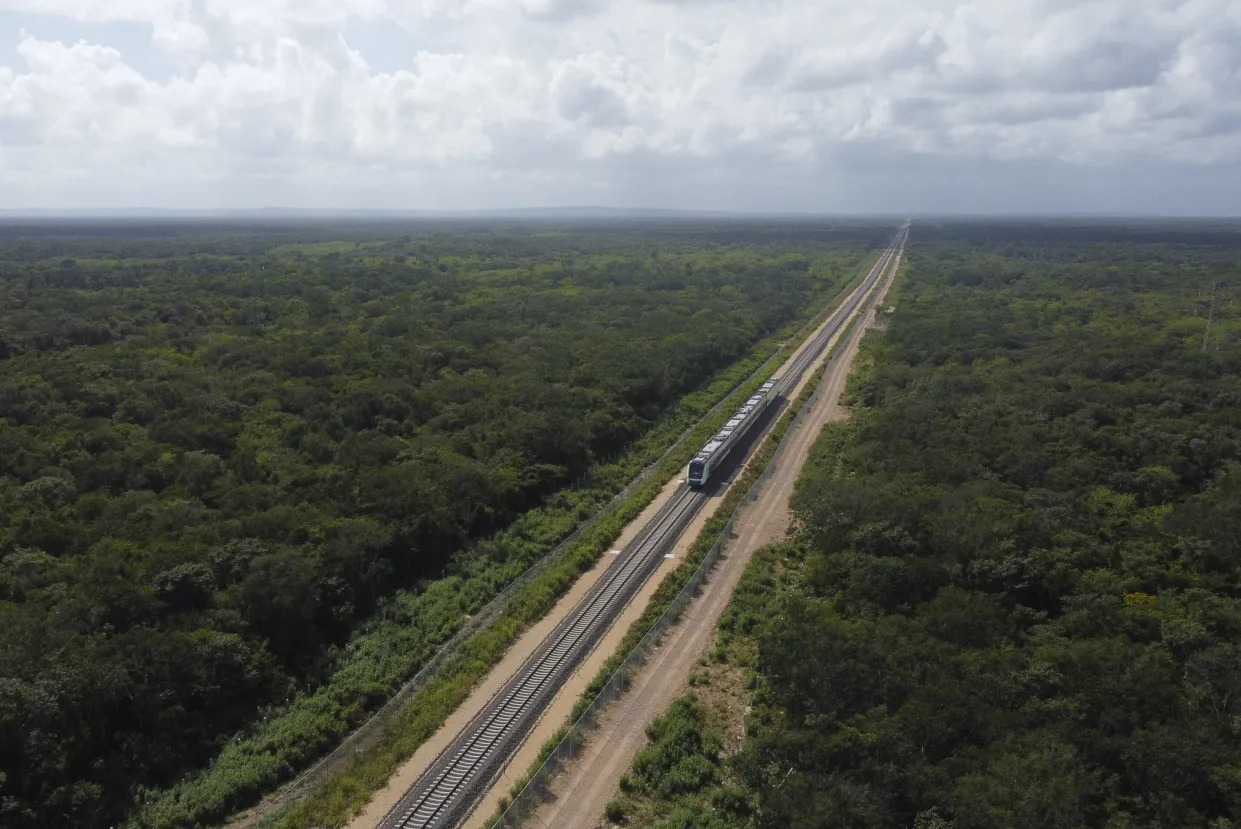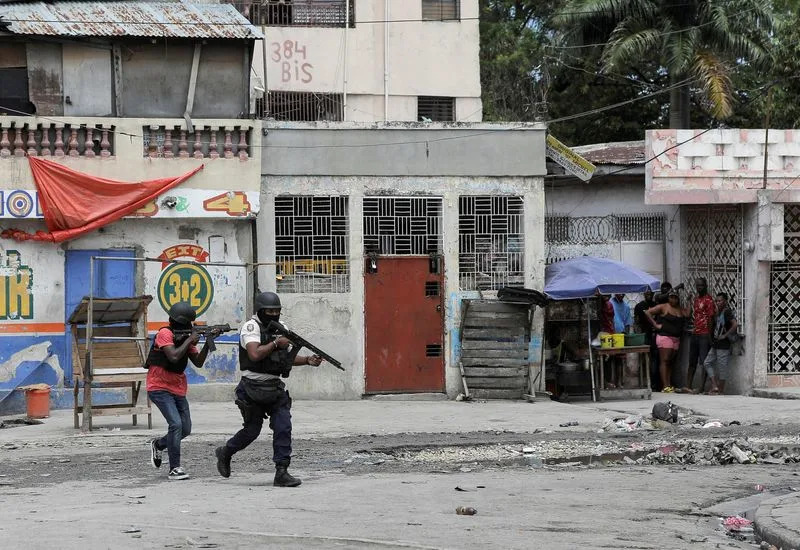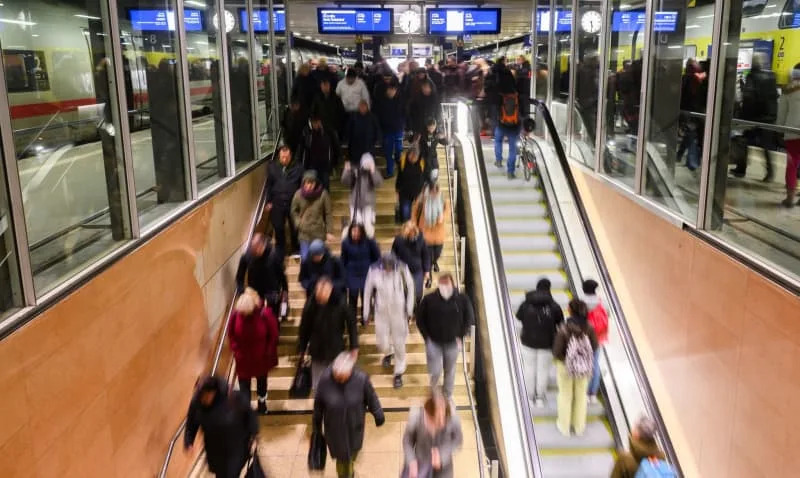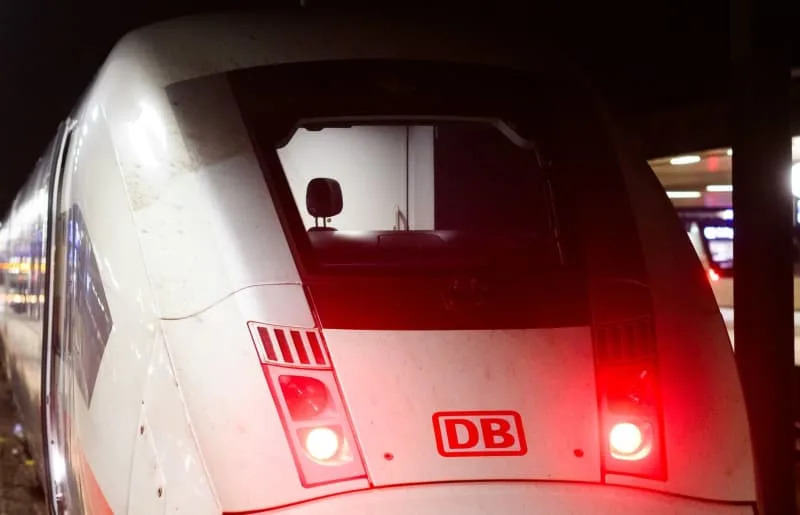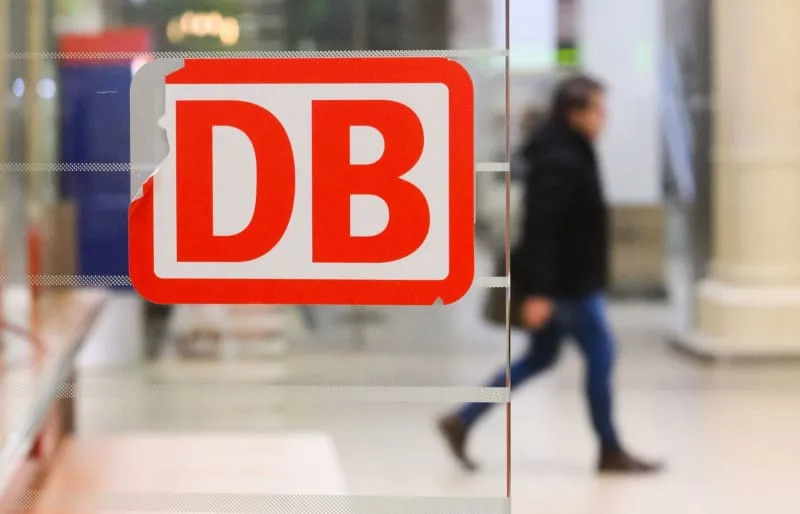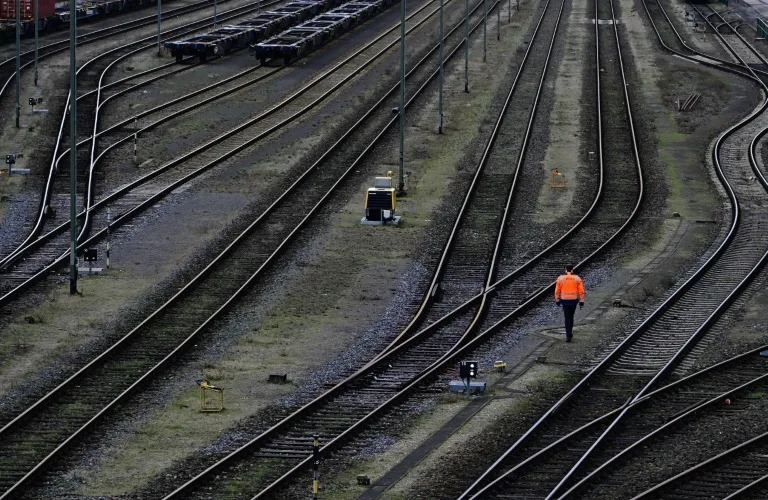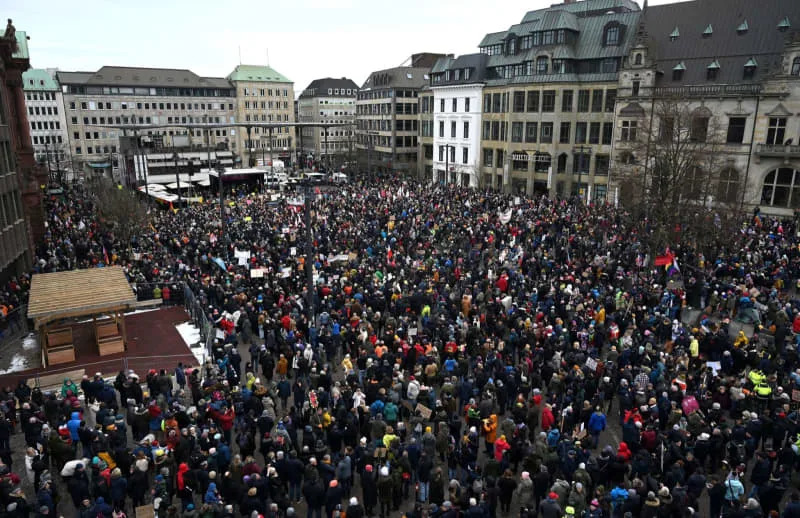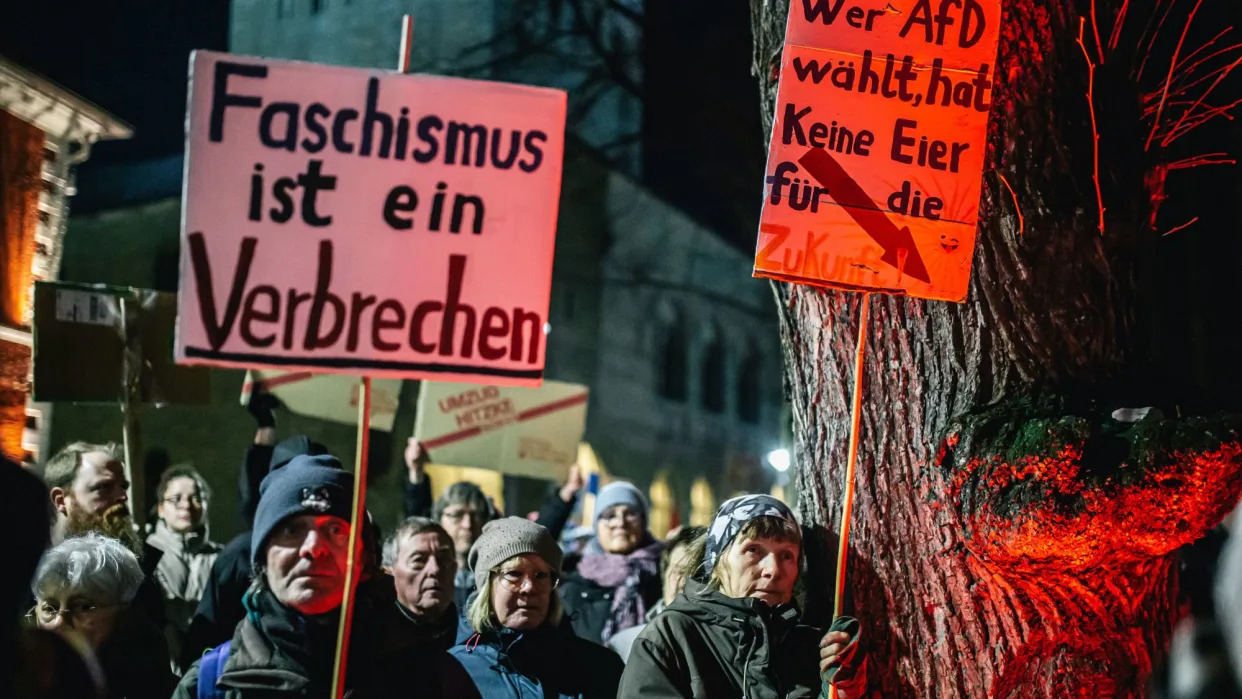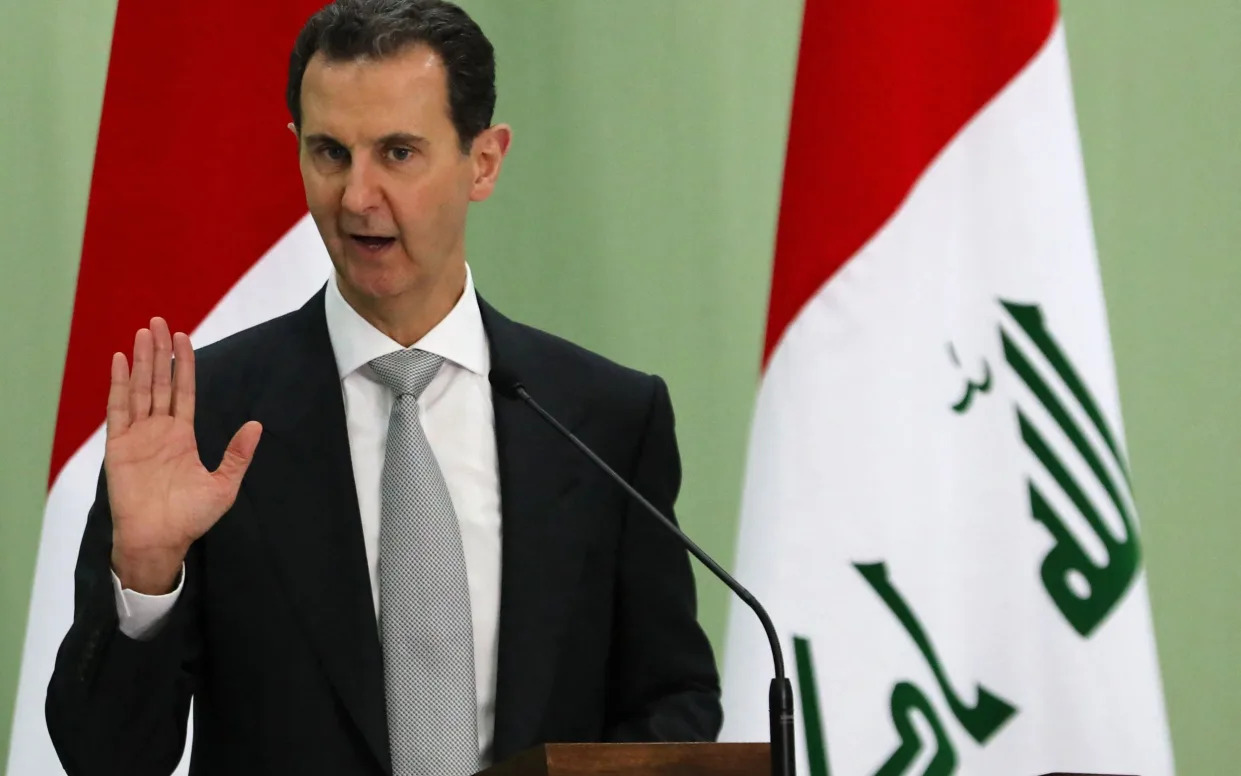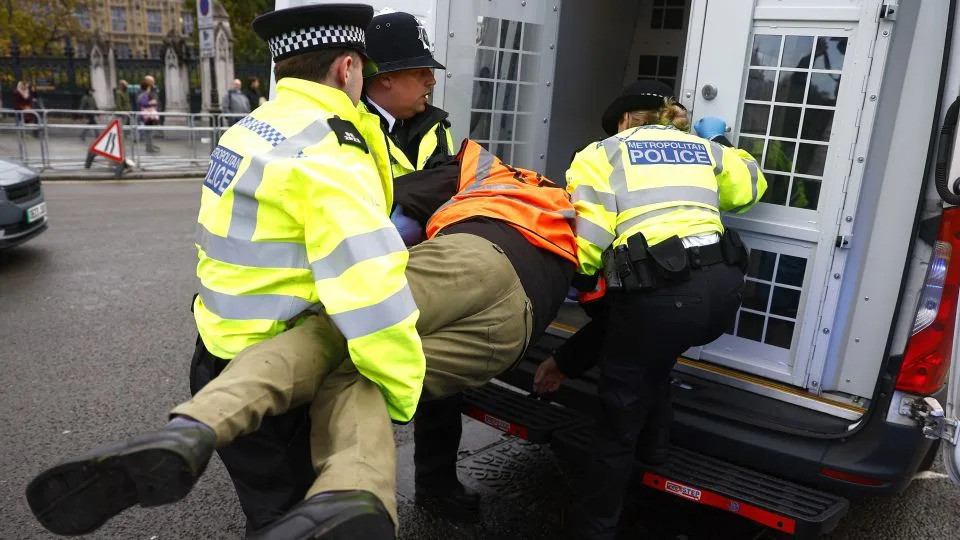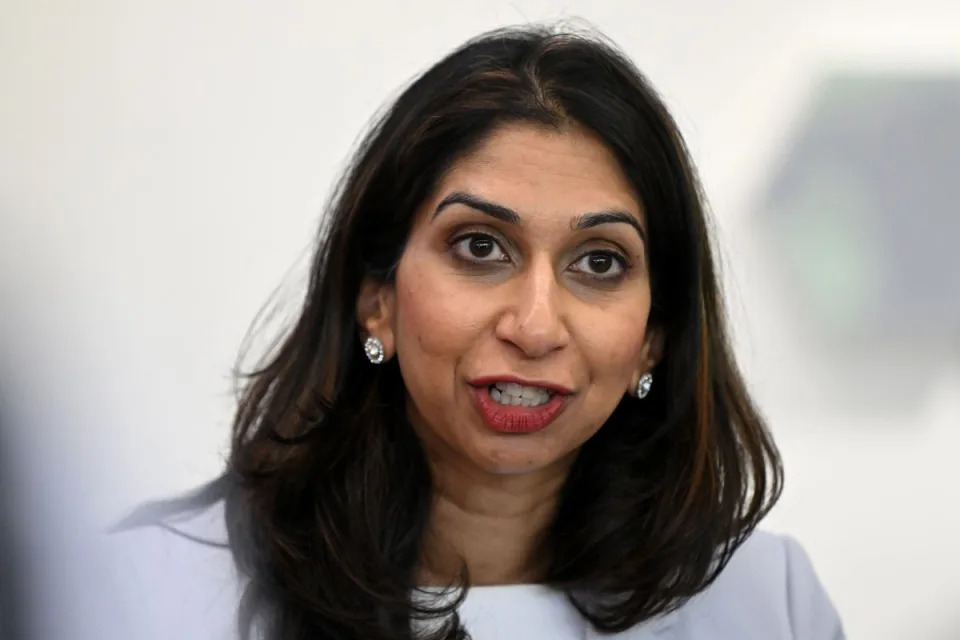Major climate benefits with electric aircraft
IMAGE:
RESEARCHERS AT CHALMERS UNIVERSITY OF TECHNOLOGY, SWEDEN, HAVE PERFORMED THE WORLD'S FIRST LIFE CYCLE ASSESSMENT (LCA) OF AN EXISTING, TWO-SEATER, ALL-ELECTRIC AIRCRAFT, WITH A DIRECT COMPARISON TO AN EQUIVALENT FOSSIL FUEL-POWERED ONE. ACCORDING TO THE STUDY, AFTER JUST ONE QUARTER OF THE EXPECTED LIFESPAN OF THE ELECTRIC AIRCRAFT, THE CLIMATE IMPACT IS LOWER THAN THAT OF THE FOSSIL FUEL-BASED AIRCRAFT, PROVIDED THAT GREEN ELECTRICITY IS USED. THE DOWNSIDE, HOWEVER, IS INCREASED MINERAL RESOURCE SCARCITY.
view moreCREDIT: CHALMERS UNIVERSITY OF TECHNOLOGY | DANIEL KARLSSON
Aviation has grown considerably in recent decades and accounts for approximately 2 percent of global carbon dioxide emissions and some 4 percent of all climate change impacts annually. While aviation is an important contributor to climate change and other environmental problems, electrification is one option for reducing these environmental impacts. The first electric aircraft are already in operation today and are mainly small planes used for pilot training and short flights in the immediate area. This is the type of plane that was studied in the life cycle assessment.
“In the short-term future, battery-powered electric aircraft will probably mostly be used for shorter distances, such as what in Norway is called "fjord-hopping", meaning shorter flights between deep fjords. In a larger perspective, the study shows that battery-powered electric aircraft have the potential to significantly reduce environmental impacts of aviation”, says Rickard Arvidsson, the lead author of the study from Chalmers.
The study: same aircraft, but different
The team examined a commercially available battery-electric aircraft with two seats, the “Pipistrel Alpha Electro”, in the life cycle assessment. The same aircraft is also available as a fossil fuel-powered model, enabling the researchers to make a direct comparison. The team investigated the entire impact of each aircraft from “cradle to grave” – from raw material extraction to end of life – with a functional unit of 1 hour flight time. Data and records from the aircraft manufacturer informed much of the study.
A wide range of impact categories were considered, with a focus on global warming from greenhouse gas emissions (e.g. carbon dioxide), mineral resource scarcity from the use of rare minerals (e.g. lithium for the batteries), particulate matter formation from particle emissions, acidification from acidic emissions (e.g. nitrogen oxides) and ground-level ozone formation from emissions of nitrogen oxides and hydrocarbons.
“The key take-home from this study is that small electric aircraft can have a notably lower climate impact – up to 60 percent less – and other types of environmental impacts than equivalent fossil-fuelled aircraft. However, there is a trade-off regarding mineral resource scarcity – about 50 percent more even in the most favourable scenario, mainly due to rare metals in the batteries of the electric aircraft”, says Rickard Arvidsson.
As with electric cars, the electric aircraft is comparatively worse from a climate point of view when the plane is brand new, since the production of the battery consumes a lot of energy and resources. Then, over time, the relative impact decreases as the electric plane is in use and its benefits are realised – namely, emission-free electric propulsion. The longer the electric plane is used, the better it becomes for the environment, and eventually a ‘break-even’ point is reached.
After approximately 1,000 flight hours, the electric aircraft overtakes the fossil fuel aircraft in terms of less climate impact, after which the electric aircraft is better for the environment. This is measured in kg CO2 eq/h – carbon dioxide equivalents per flight hour and is true under optimal conditions, where green energy is used. All use thereafter thus becomes a “climate benefit”, compared to the conventional aircraft. The estimated lifespan of the aircraft is at least 4,000 hours, or four times as long as the break-even time.
“The lifetime of the lithium-ion batteries, however, would have to be about twice as long for the mineral resource scarcity to be about the same for the electric airplane and the fossil-fuel aircraft. Alternatively, have double the energy storage capacity such that only one of two packs are needed onboard for the same flight time”, says Senior Researcher Anders Nordelöf, one of the other authors of the study.
New and better batteries for a greener future
In the study, the researchers discuss the further development of batteries as a major step towards reduced lifecycle impacts of the electric aircraft. Already today – but after the study was carried out – the manufacturer of the aircraft model have managed to extend the life of the batteries as much as three times. New battery technologies could further improve both climate impacts and mineral resource scarcity.
“There is a constant development of lithium-ion batteries that can improve the environmental performance of the electric aircraft and make it relatively even more preferable than the fossil-fuelled one. There are also new battery technologies that could be developed and be applicable to electric aircraft in a longer time perspective, such as lithium-sulfur batteries, although these are still in an early phase of technology development”, says Rickard Arvidsson.
More about the research:
The research is presented in the paper, "Life cycle assessment of two-seater all-electric aircraft", published in The International Journal of Life Cycle Assessment.
The researchers involved in the study are Rickard Arvidsson, Anders Nordelöf and Selma Brynolf. The researchers are active at Chalmers University of Technology in Sweden.
This work was supported by open access funding provided by Chalmers University of Technology.
About the aircraft
The electric aircraft in the study is a Pipistrel Alpha Electro manufactured in Slovenia. The wings have a span of just over 10 meters and the plane weighs 550 kg when fully loaded. Maximum flight time is about one hour, plus reserve. The battery is a 21 kWh NMC (nickel-manganese-cobalt) lithium-ion battery, and the motor produces an output of 60 kW. The Alpha Electro was a pre-series model and has been replaced by an evolved series-produced model.
The fossil fuel-based aircraft compared in the study has the same basic structure as the electric aircraft. The differences are mainly an aviation gasoline engine and fuel tank, instead of an electric motor and batteries.
JOURNAL
The International Journal of Life Cycle Assessment
METHOD OF RESEARCH
Data/statistical analysis
SUBJECT OF RESEARCH
Not applicable
ARTICLE TITLE
Life cycle assessment of a two-seater all-electric aircraft
